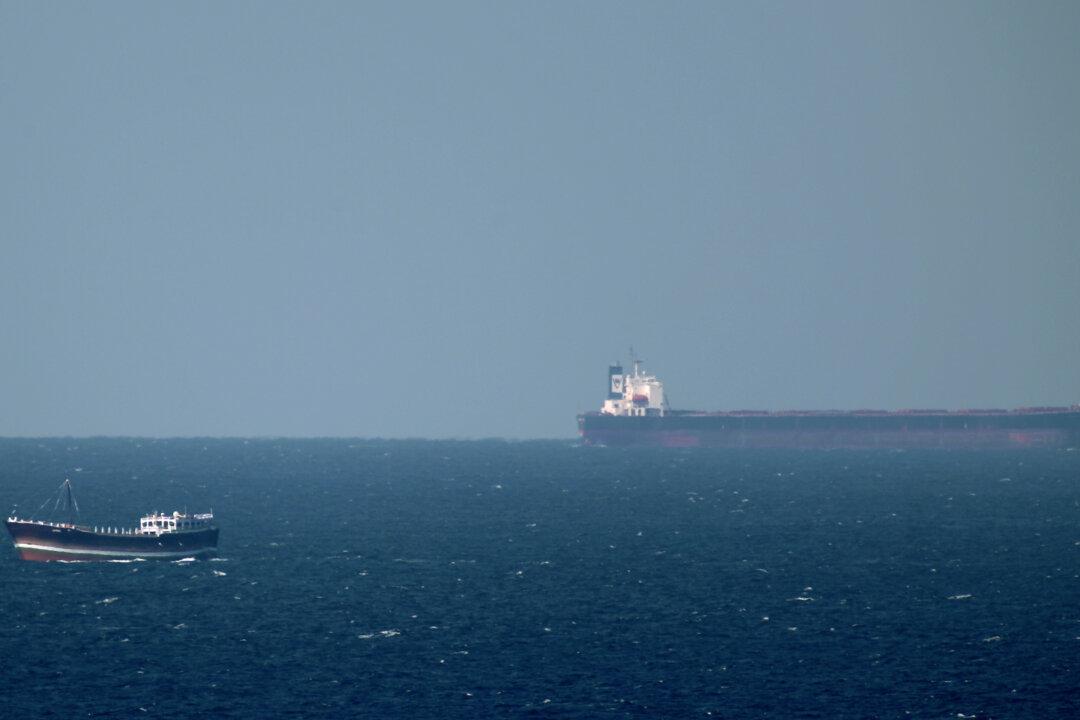Commercial ships and oil tankers sailing under the American flag in major Middle East waterways could be targeted by Iran, according to an advisory by the U.S. Maritime Administration.
The United States sent a carrier strike group and B-52 bombers to the Middle East in response to what the Trump administration called “clear indications” of an imminent threat from Iran. The Islamist regime called the American claims “fake intelligence.”





